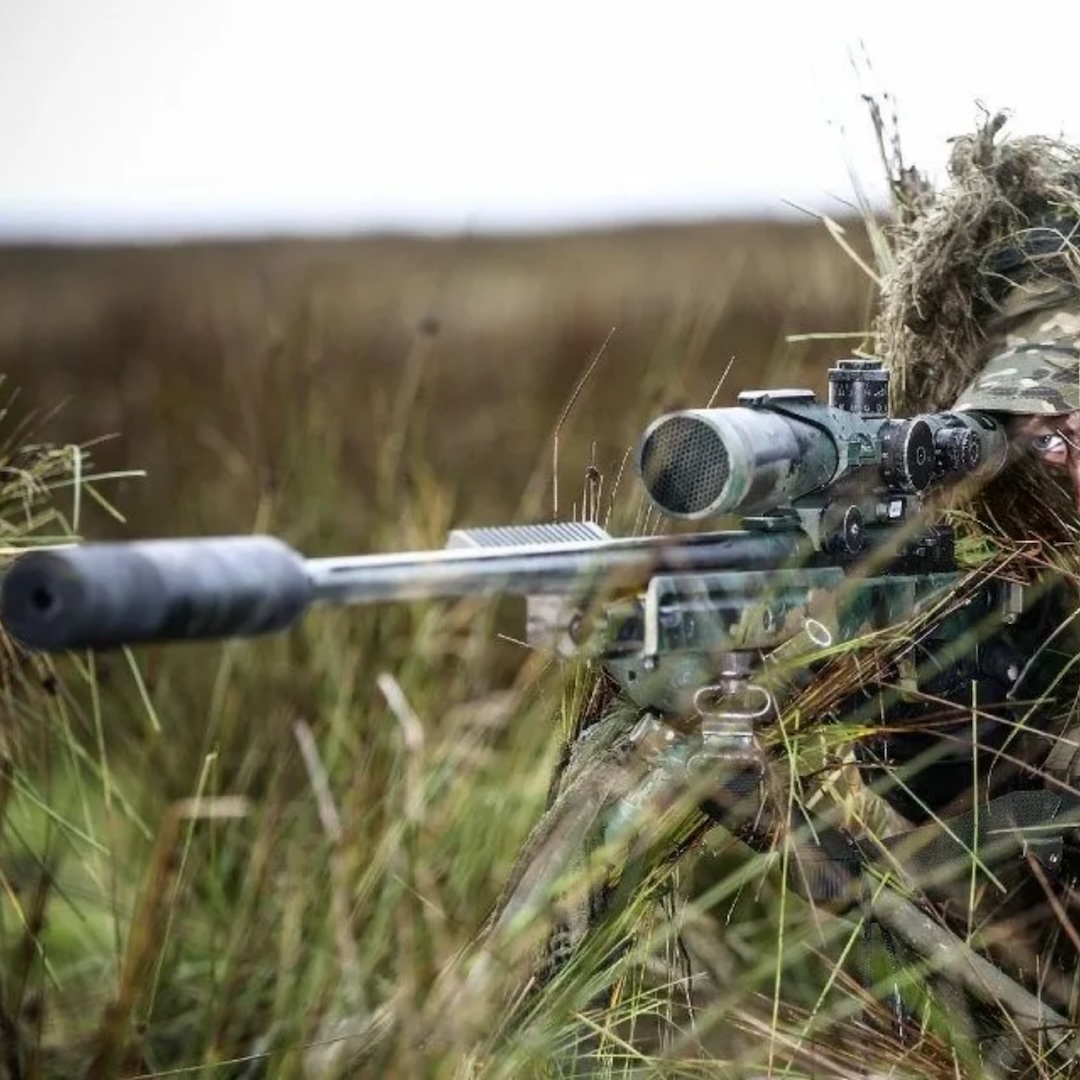“The officer who carried Jonathan’s armor said to him, “Do whatever you think is best. Go ahead. I’m with you.”” – 1 Samuel 14:7
On a marble wall within the original CIA HQ, is this inscription:
“IN HONOR OF THOSE MEMBERS OF THE CENTRAL INTELLIGENCE AGENCY WHO GAVE THEIR LIVES IN THE SERVICE OF THEIR COUNTRY”
Beneath the inscription, at the time of my writing this, are 133 etched stars, each one representing an individual who ‘gave their lives in the service of their country.’
Of the 133 entries in the book beneath the stars, 93 contain names, while 40 do not. These 40 are represented only by a gold star followed by a blank space.
Most of those stars represent members of the Special Activities Center and Special Operations Group, both of which are responsible for many of our clandestine operations.
We are not told their name, their rank, or what service they performed, but how many of you know they made a difference worth etching in stone?
A ‘clandestine’ operation is said to be “an intelligence or military operation carried out in such a way that the operation goes unnoticed by the general population or specific enemy forces.”
As someone once told me, “If you knew we were there or that we had done anything, we had already failed.”
Further on in 1 Samuel 14, we read, “Jonathan said to his officer, “Climb up behind me, because the LORD has given the Philistines to Israel!” So Jonathan climbed up, using his hands and feet, and his officer climbed just behind him. Jonathan struck down the Philistines as he went, and his officer killed them as he followed behind him.”
Did any of you happen to catch that officer’s name?
Me, neither.
How many of you knew that one of our four Gospels was written by an administrative assistant?
Mark, the writer of our second Gospel wrote what might have been titled “The Gospel According to Peter.”
In the book of Acts, chapter 6, how many men were chosen to take on the task of caring for ‘the Greek-speaking widows?’
To whom did the disciples give the responsibility of choosing those seven?
Can anyone here name all seven men that were chosen to serve tables?
What three characteristics were required of these seven men?
They needed to be good, full of the Spirit, and full of wisdom.
Were they required to be perfect?
No. The Word said ‘good.’ Another place it says this is in Jesus’ parable of the master and his servants, Jesus says, “Well done, my good and faithful servant, enter into my joy.”
Sometimes, we let the enemy strangles us with ‘perfect,’ don’t we?
Were these gentlemen required to have their degrees, certificates, or licenses?
Apparently not.
In my conversations with people in hospitals, in retirement homes, in prisons, in restaurants, and in church offices, there have been those who say they long to make a difference in God’s kingdom but discount themselves, saying they are just nurses, or waiters, or prisoners, or programmers, or stay-at-home-moms, or, administrative assistants.
Some further disqualify themselves with things from their pasts like a rough childhood or a sin for which they can’t seem to forgive themselves.
Others still, choose only to warm a pew because they aren’t smart enough or talented enough, or adequately trained to serve God effectively.
Those are all lies, aren’t they?
Paul wrote, in 1 Corinthians 1:26-27: “Brothers and sisters, look at what you were when God called you. Not many of you were wise in the way the world judges wisdom. Not many of you had great influence. Not many of you came from important families.
But God chose the foolish things of the world to shame the wise, and he chose the weak things of the world to shame the strong. He chose what the world thinks is unimportant and what the world looks down on and thinks is nothing in order to destroy what the world thinks is important.”
In Matthew 20:25-28 Jesus says, “You know that the rulers of the non-Jewish people love to show their power over the people. And their important leaders love to use all their authority.
But it should not be that way among you. Whoever wants to become great among you must serve the rest of you like a servant.
Whoever wants to become first among you must serve the rest of you like a slave.
In the same way, the Son of Man did not come to be served. He came to serve others and to give his life as a ransom for many people.”
Coming back to the definition of “clandestine”, it refers to an “operation carried out in such a way that the operation goes unnoticed by the general population or specific enemy forces.”
Do any of you ever feel like you might go ‘unnoticed by the ‘general population’’?
Do you ever wonder if it might be on purpose?
How many of you know you’ll be here on planet earth for only a season?
How long will you be in heaven?
Is it okay then, to maybe be ‘clandestine’ here on earth, for the opportunity to be among the ‘great’ and ‘first’ in heaven?
May the Lord bless each of us with more ‘clandestine’ operations here on earth and also help us to know that sometimes this is ‘Standard Operating Procedure’ for the kingdom of God.
Thank you for the privilege and pleasure of sharing this with you.
Oh, a bonus question:
Who is the REAL ‘writer’ of the book of Romans?
Yeah?
Isn’t that something?
Even there, written in plain sight, he remains nearly invisible.
God knows you.
He knows what you’ve done.
Isn’t that something? ;)































